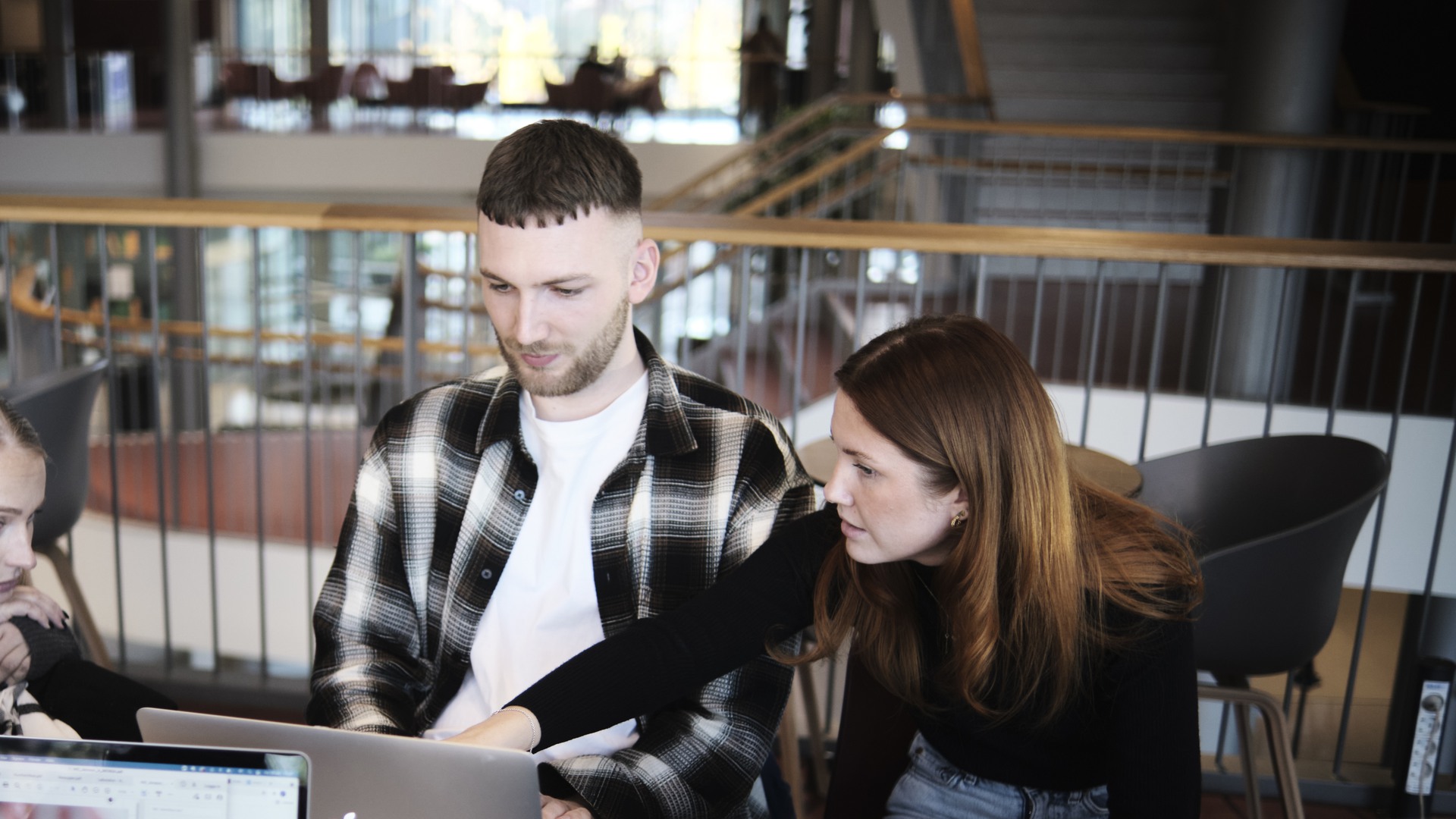Gender Studies I
International students
International students
About the course
Course content
The aim of the course is to provide and develop basic knowledge about Gender Studies in the social sciences and humanities; central concepts, theories and methodologies. Throughout, the course concerns itself with multiple structures of power orders such as class, ethnicity/race, sexuality and masculinity.
Another aim of the course is for students to develop their scientific thinking and basic analytical skills in the field of gender studies. In the three modules, students practice how to apply theoretical concepts to shed light upon structural injustices and forms of oppression contemporarily and historically, inside as well as beyond the state and nation in a global context.
The course introduces and trains fundamental abilities for academic studies and research, such as critical thinking in seminar form, literature search, scientific writing, reading and peer review.
The course is divided into three equal modules:
1\. The Body and Embodiment (10 credits)
The aim of this module is to provide different perspectives on the human body and social embodiment using feminist/gender studies theory. We focus on body/embodiment and power relations, for example ableness, sexuality and stigma. On having passed module 1, students will have knowledge about the body and embodiment from different perspectives, socially, historically, culturally as well as having taken part of research on the body and sexuality (queer theory, critical studies on men and masculinity, post- and decolonial studies). The student will also be able to utilize central theories and concepts in relation to historical and contemporary developments in the field of Gender Studies.
Central themes in module 1, are for example gender and nation, the suffrage movement, the different waves of feminism and the growth of different feminist/gender schools of thinking in relation to Liberalism and Marxism.
The module examines learning outcomes 1-5 and 9-12.
2\.Space, Place and Power (10 credits)
The aim of this module is to provide students with fundamental knowledge about different analytical frameworks in Gender Studies, connected to space, place and power. Feminist/gender theorizing on space and place from the local to the global context in peace and war is at the center throughout the module.
Module 2 provides theoretical and analytical tools in order to detect and understand different power orders in relation to gender, class, sexuality, ethnicity, racialization and ableness in social spheres globally. After having completed the module, students will have knowledge about how individuals and groups are included or excluded in different spaces on the local, state and global level.
The module examines learning outcomes 1-4, 6, 7 and 9-12.
3\. Work (10 credits)
This module aims to provide fundamental knowledge and understanding for how the organization of work has undergone change historically and today through colonialism, industrialization and world trade in the Global South and North. The themes discussed in the module are discrimination and regimes of inequality on the labor market in light of globalization.
On having passed the module, students will demonstrate knowledge on the meaning of the changes in the organization of work, for the individual as well as groups. Students will be able to utilize central concepts and theoretical perspectives in the field of gender studies research on gender, intersectionality and work.
The module examines learning outcomes 1-4 and 8-12.
Entry requirements and selection
Entry requirements
General entry requirements + English 6.
Selection
40% Upper Secondary Grades - 40% Swedish Scholastic Aptitude Test (SweSAT) - 20% University Credits
Course literature
Current literature list is available in the syllabus for the course
Course evaluation
Malmö University provides students who participate in, or who have completed a course, with the opportunity to express their opinions and describe their experiences of the course by completing a course evaluation administered by the University. The University will compile and summarise the results of course evaluations. The University will also inform participants of the results and any decisions relating to measures taken in response to the course evaluations. The results will be made available to the students (HF 1:14).

